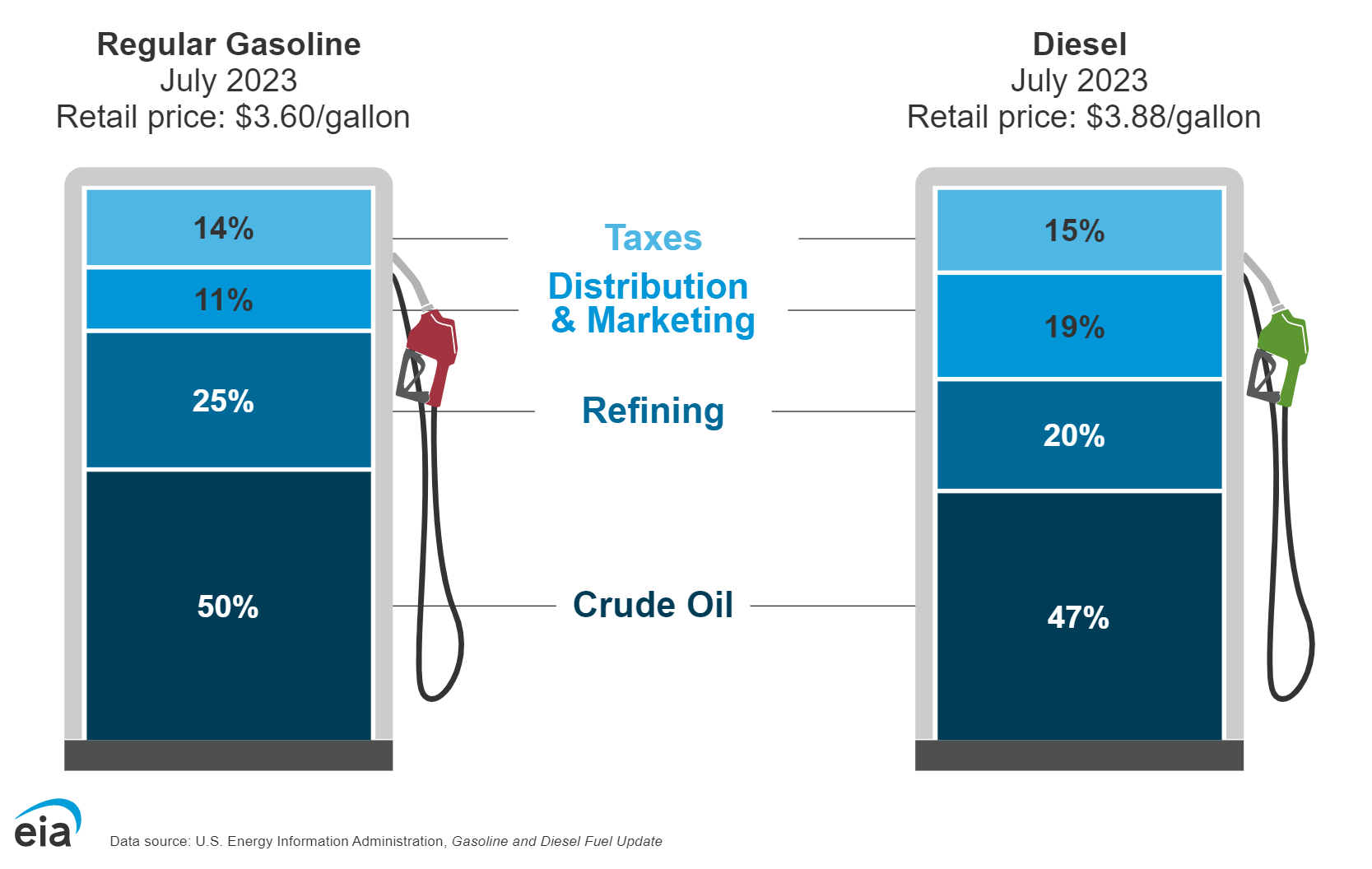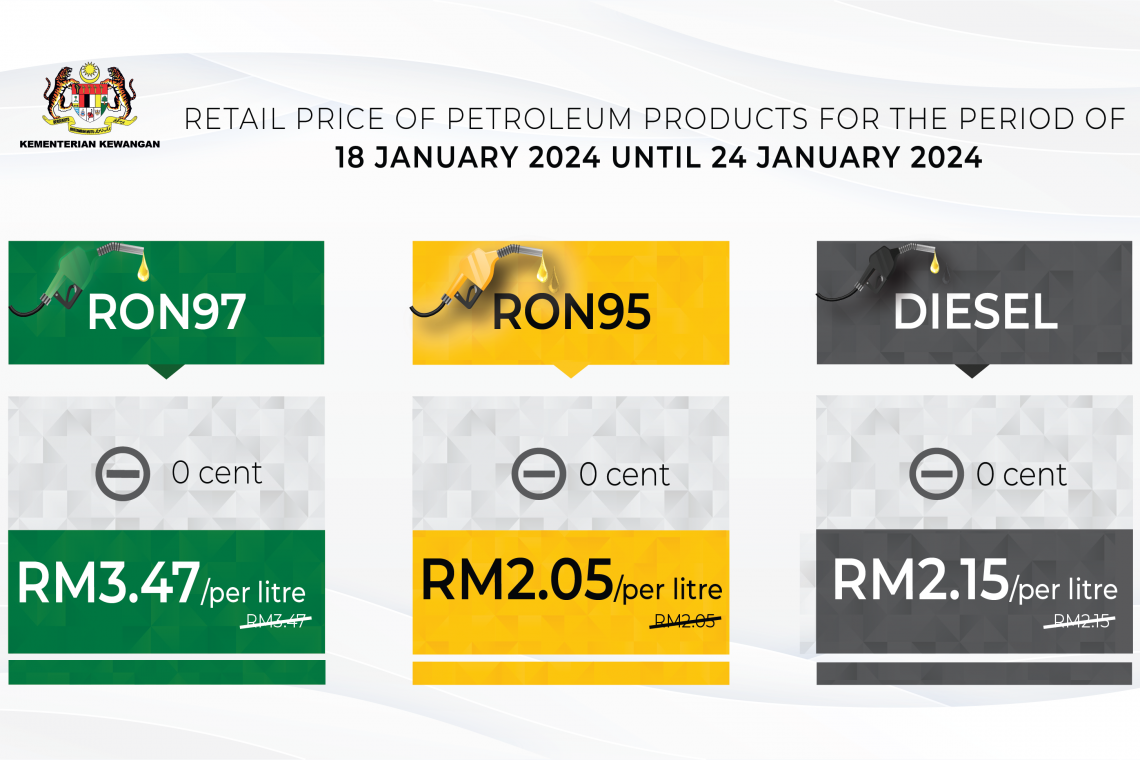Introduction
Taxpayers play a critical role in the financial framework of a country, serving as the backbone of government revenue. In South Africa, the contribution of taxpayers is essential for funding public services, such as education, healthcare, and infrastructure development. Understanding the rights and responsibilities of taxpayers not only fosters compliance but also encourages civic engagement and accountability in governance.
Current Landscape of Taxation in South Africa
As of 2023, South Africa has seen an increasing focus on enhancing tax compliance and improving public service delivery. The South African Revenue Service (SARS) has implemented various strategies to engage and educate taxpayers about their obligations. With the introduction of digital systems for filing taxes, taxpayers are now equipped with better tools for managing their tax affairs efficiently.
Recent Developments
In July 2023, SARS launched a new digital platform that streamlines the tax filing process, making it easier for individual taxpayers and businesses to understand their tax obligations. This initiative aims to reduce errors and improve the overall efficiency of tax collection.
Rights and Responsibilities of Taxpayers
Taxpayers in South Africa have certain rights that are protected by law. These include the right to privacy, the right to receive a fair and prompt resolution of disputes, and the right to full disclosure of tax liabilities. Alongside these rights, there are also responsibilities, such as the obligation to file accurate tax returns and making timely payments.
Importance of Compliance
Compliance with tax regulations not only demonstrates civic responsibility but also contributes to the broader economy by ensuring that adequate funds are available for public services. In the context of rising economic pressures, the government relies heavily on taxpayer contributions to fund various initiatives aimed at socioeconomic development and poverty alleviation.
Conclusion
The role of taxpayers in South Africa is pivotal, as their contributions underpin the nation’s economy and public welfare systems. As the government continues to reform the tax regime and improve engagement with taxpayers, it is vital for citizens to understand their rights and responsibilities. This comprehension can promote transparency and efficiency in the tax system, ultimately leading to a more robust and equitable society. Looking ahead, the ongoing dialogue between taxpayers and the government will be essential in shaping the future of taxation in South Africa.


